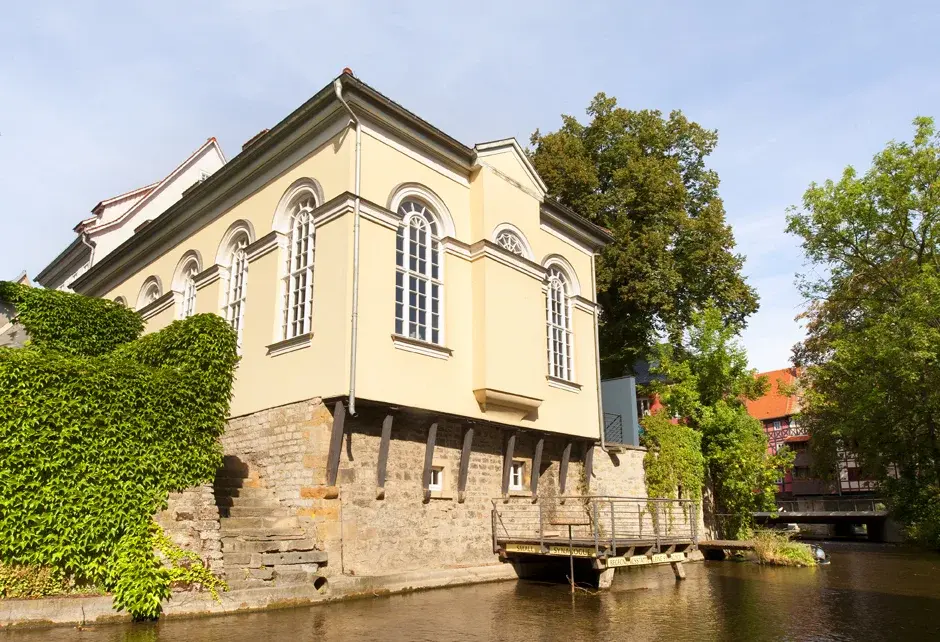The starting point was an English-language volume of the same name (Routledge 2024), which emerged from a conference of the Maimonides Centre of the University of Hamburg with the Max-Weber-Kolleg. The three editors – Anne Sarah Matviyets (Director of the Berend Lehmann Museum Halberstadt), Giuseppe Veltri (University of Hamburg), Jörg Rüpke (Max-Weber-Kolleg) – and the philosopher of religion Holger Zaborowski, Faculty of Theology Erfurt, opened the discussion, which was moderated by Benedikt Kranemann (Theological Research Centre).
The discussion was intense and – despite all sympathy for tolerance as a fundamental practice – controversial in its evaluation as a precise term. This gave rise to reflections on historical progress in the formulation of fundamental values such as freedom (and not least religious freedom), but also multiple intrusions of intolerance with catastrophic consequences. In a constructive debate, reflections developed on the parameters of values and attitudes that can be recognised and excluded, which are subject to constant historical change. Reference was made to the problem of the differences in orientations often assumed in the granting of tolerance. Another topic was the problem of the lack of differentiation between individual positions, lifestyles and world views and the often little reflected and rarely discursively changeable attributions of group affiliations and peculiarities. The discussion ultimately opened up into a dialogue with the thirty or so people present.
All participants rated the level and intensity of the discussion and the joint development of ideas as very successful. Jörg Rüpke: "This was a successful contribution by the researchers of the newly opened research building “Weltbeziehungen” at the University of Erfurt to a social debate that is also inscribed in the activities of the University of Erfurt in the context of a cosmopolitan Thuringia and in the reflections on Erfurt as a site of Jewish cultural heritage".

